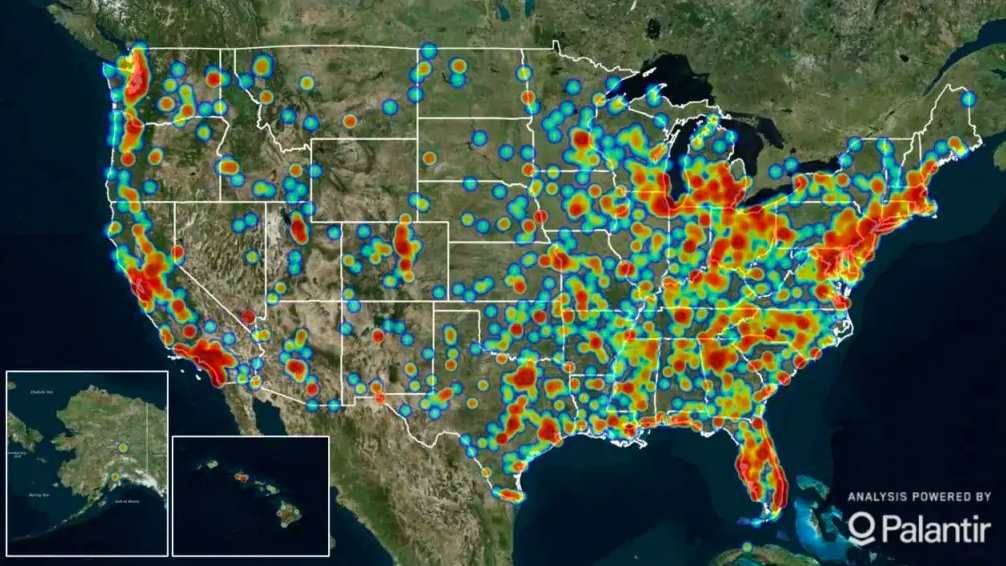Determining economic factors for sex trafficking in the United States using count time series regression
By Yuhyeong Jang1 ·Raanju R. Sundararajan1 ·Wagner Barreto-Souza2 · Elizabeth Wheaton-Paramo
The article presents a robust quantitative approach for determining significant economic factors for sex trafficking in the United States. The aim is to study monthly counts of sex trafficking-related convictions and use a wide range of economic variables as covariates to investigate their effect on conviction counts. A count time series model is considered along with a regression setup to include economic time series as covariates (economic factors) to explain the counts on sex trafficking-related convictions. The statistical significance of these economic factors is investigated, and the significant factors are ranked based on appropriate model selection methods. The inclusion of time-lagged versions of the economic factor time series in the regression model is also explored. The authors’ findings indicate that economic factors relating to immigration policy, consumer price index and labor market regulations are the most significant in explaining sex trafficking convictions
Empirical Economics. 2024, 18pg


